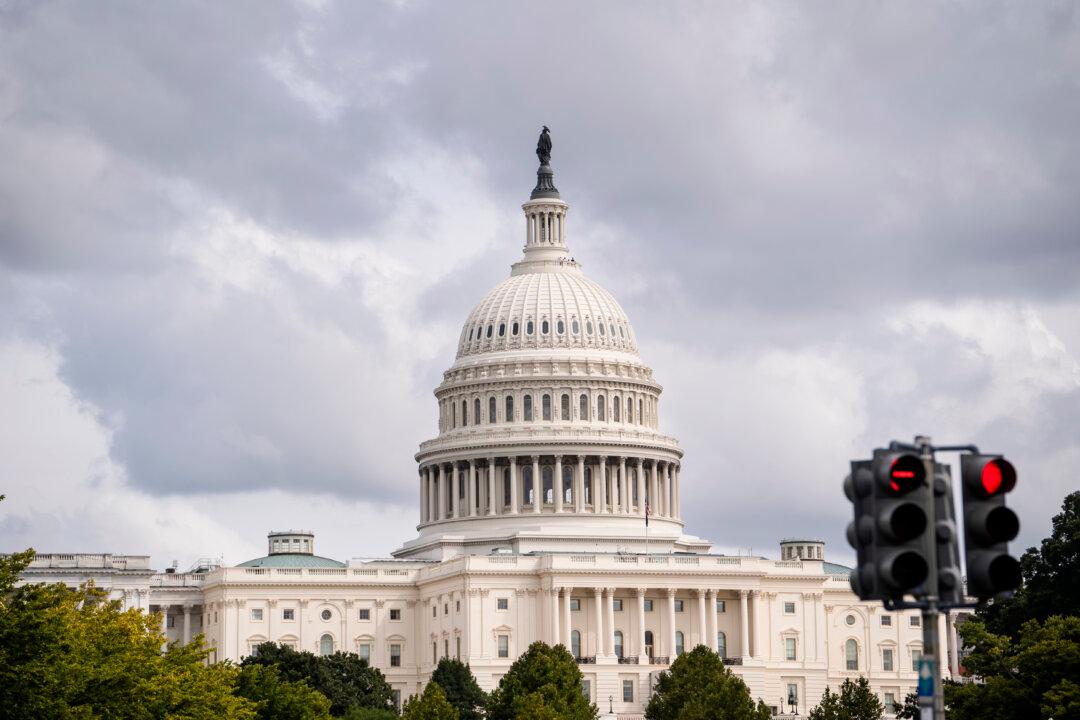House Republican leaders on Sept. 22 unveiled a short-term measure to fund the government through Dec. 20.
The stopgap measure is largely a “clean” continuing resolution, meaning a stopgap measure without partisan or controversial bill riders attached, although it includes additional funding for the Secret Service.






